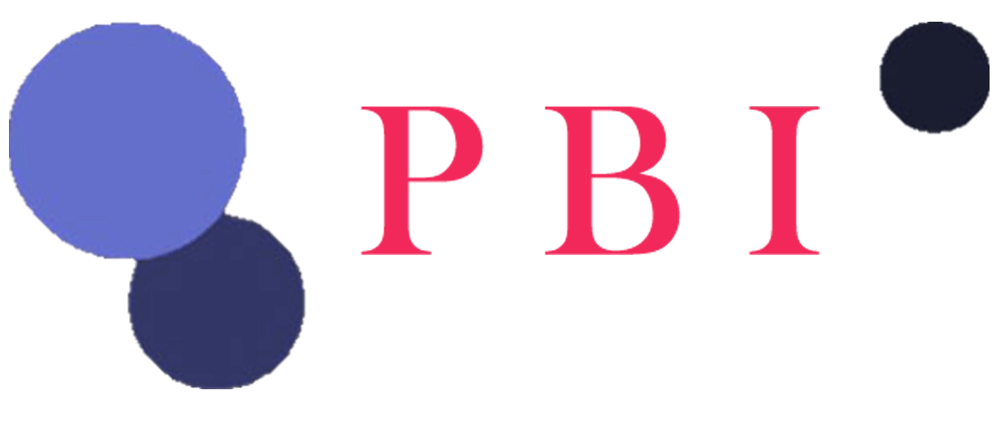For centuries, the art of tarot card reading has actually mesmerized and interested individuals around the world. The deck of cards, with its abundant importance and deep meanings, has actually been made use of as a tool for prophecy, self-discovery, and spiritual support. Whether you are a seasoned tarot lover or a curious beginner, this comprehensive guide to Tarot 101 will supply you with whatever you need to recognize to open the enigmas of the tarot card.
The Background of Tarot card
While the origins of tarot are shrouded in secret, most chroniclers believe that the tarot card deck was first created in Italy in the 15th century. Originally utilized as a card game, the tarot card deck ultimately advanced right into a tool for prophecy and spiritual expedition. Today, the tarot deck consists of 78 cards, split into 2 major groups: the Major Arcana and the Minor Arcana.
The Significant Arcana consists of 22 cards, each representing a substantial life lesson or spiritual theme. These cards are commonly viewed as the “heart” of the tarot deck, supplying deep understandings right into the universal truths and spiritual journey of the individual. The Minor Arcana, on the other hand, contains 56 cards divided right into 4 suits: Wands, Cups, Swords, mysticsense discount code and Pentacles. These cards represent more practical, everyday elements of life.
- Sticks: creative thinking, interest, activity
- Mugs: emotions, partnerships, intuition
- Swords: intelligence, interaction, conflicts
- Pentacles: material riches, job, health
How to Review Tarot Cards
Checking out tarot cards is a highly intuitive and individual practice. While there are several approaches and spreads for reviewing the cards, the most crucial aspect of tarot analysis is to trust your intuition and inner wisdom. Right here are some basic steps to get you started with analysis tarot cards:
1. Choose a deck that resonates with you. There are thousands of different tarot decks available, each with its very own distinct significance and design. Make the effort to locate a deck that talks to you on a personal level.
2. Obtain comfortable with your deck. Hang out shuffling the cards, practicing meditation with them, and learning more about each card’s definition and significance.
3. Ask a clear and particular question. Before you begin an analysis, take a minute to concentrate on an inquiry or problem that you would certainly like advice psychicoz on. The more specific your concern, the more clear the solution will be.
Common Tarot Card Spreads
There are several tarot spreads you can use for an analysis, depending upon the concern you are asking and the level of detail you are looking for. Several of one of the most typical tarot spreads consist of:
1. The Celtic Cross: This is a traditional, 10-card spread that offers understandings into the past, present, and future of a situation.
2. The Three-Card Spread: This straightforward spread includes 3 cards, representing the past, present, and future elements of a scenario.
3. The Partnership Spread: This spread concentrates on the characteristics of a connection, providing insights into everyone’s sensations, desires, and objectives.
Tarot Ethics and Responsibilities
While tarot analysis can be an effective tool for self-reflection and advice, it is important to come close to the experiment treatment and stability. As a tarot reader, it is vital to value the privacy and autonomy of your customers, offer sincere and compassionate support, and always look for to equip and uplift others via your readings.
In conclusion,
Tarot 101 is an interesting trip right into the world of tarot cards, meaning, and spiritual knowledge. Whether you are a novice or an experienced visitor, the tarot card deck offers limitless opportunities for self-discovery, individual growth, and spiritual enlightenment. By honing your instinct, practicing with dedication, and approaching the tarot card with reverence and respect, you can open the secrets of the tarot card and embark on a transformative journey of self-discovery and spiritual growth.
